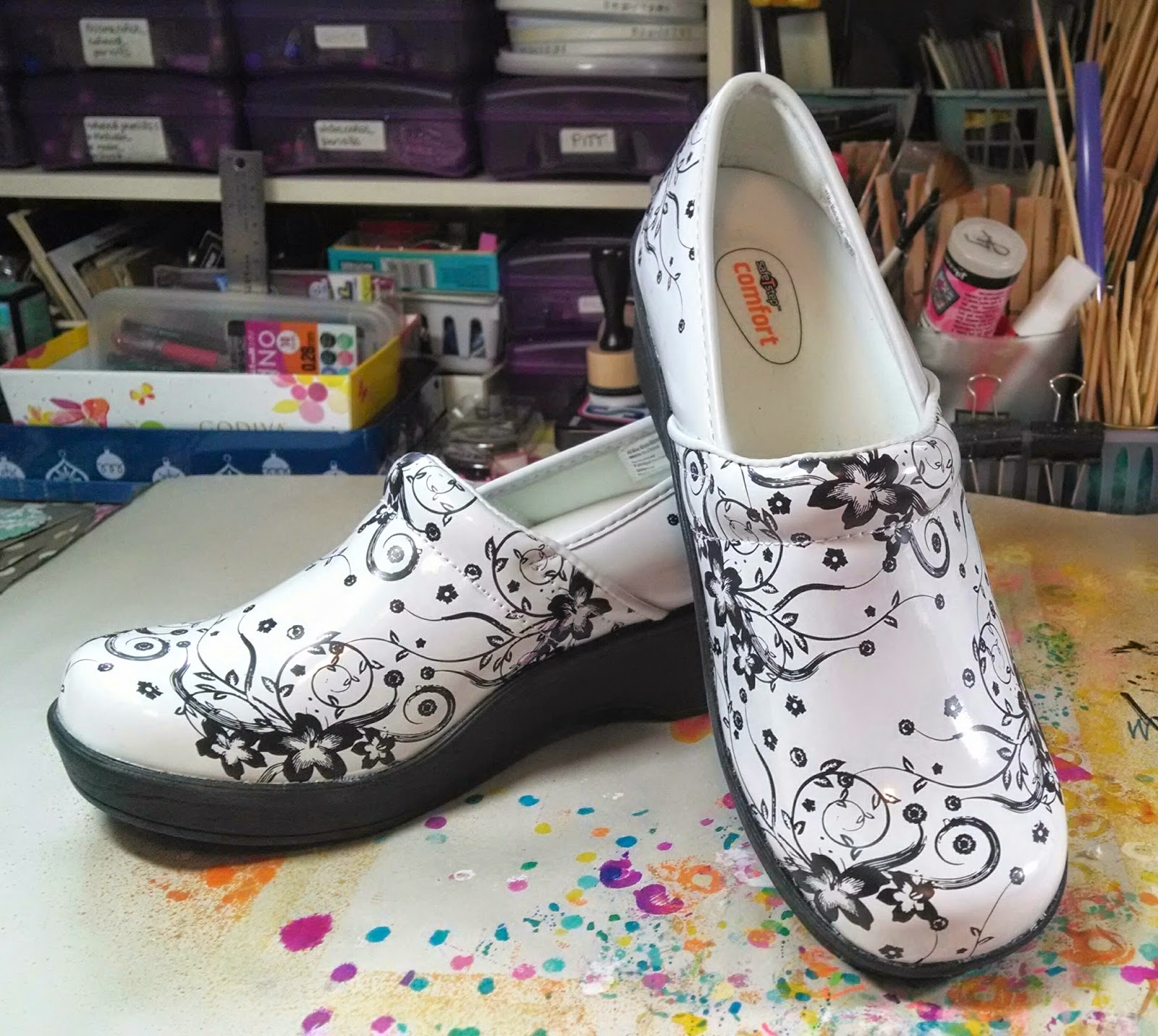100 years ago today, on a warm, rainy Saturday, 844 people, including 22 entire families, lost their lives in just 20 feet of water. My great-uncle Fred was one of the fatalities. The Eastland disaster remains Chicago's deadliest tragedy but is also an unknown event to many Chicagoans. That fact puzzles me, but I promised my Grandma that I would always remember the event that forever altered her life. For those who would like to read about my connection with The Eastland, I've added the following post that I wrote four years ago. For more information, please go to the Eastland Disaster Historical Society. It's a sobering true story and a fascinating, albeit devastating glimpse into life 100 years ago. I will be attending the memorial today, held at the site of the disaster. I will remember the 844 souls who lost their lives, as well as the countless broken hearted loved ones who went on in spite of this tragedy. I remember The Eastland, Grandma. I always will.
Chicago's Titanic
I was young, probably not even three, when I remember first hearing about the Eastland Disaster. I lived with my grandparents and I would sit on Grandma's lap and ask her to tell me the story about the boat. I heard it hundreds of times and knew every detail by heart, but I never tired of listening to Grandma tell the story, her story, of what happened 96 years ago today.
Grandma was 26 and Fred, her brother and only sibling, was 24. Fred worked for Cicero based Western Electric, one of the largest employers in the Chicago area. W.E. was having their summer picnic for employees, families, and friends on Saturday, July 24, 1915; over 7000 tickets had been sold for the day's event. Fred, Grandma, and her best friend Irene left their homes in Oak Park and headed to the south bank of the Chicago River to board one of the five ships being used to take people across Lake Michigan to the picnic site in Michigan City, IN. The Eastland was docked and taking on passengers; as the trio got close to boarding, Grandma got a 'very bad feeling' and begged Fred and Irene to stay behind and wait for the next ship. Irene saw how upset Grandma was and chose to stay with her but Fred wanted to hear the live music that was playing below deck; he ignored the pleas of his sister and boarded the Eastland. Minutes later, Grandma and Irene stood on the wharf and watched in horror as the ship, loaded with over 2500 men, women, and children, rolled onto its side and came to rest in the mud of the Chicago River in just 20 feet of water. The Eastland never left the river's edge, and Fred was one of 844 people who died that day while just a few feet from shore. The Eastland tragedy remains one of the worst maritime disasters in American history and Chicago's deadliest disaster.
Sometimes the story would stop there because Grandma had no more words. Her eyes were moist and far away, and she held me so tightly it was hard to breathe. Other times she continued on with more details, needing to tell the story no longer for me but for herself. I can't begin to imagine the horror of watching the tragedy unfold, being close enough to see the frantic eyes of the trapped as they silently screamed and clawed at the port holes, hearing the terrified cries for help from the luckier ones who landed in the river. How do you walk through warehouses turned into morgues and peer into countless lifeless faces before you finally find the one you prayed you wouldn't find?
But whether the story was short or peppered with details it ended the same way. Grandma would look into my eyes and tell me to always listen to my gut. She said, "if I hadn't listened to my gut I wouldn't be here and then neither would you, and that would be a real tragedy."
Once Grandma thanked me when she was through telling her story. I asked why she said thank you when all I did was listen, and she replied: because you listened.
It's not hard to understand why I've spent the majority of my life working in end of life care; I didn't choose it, it chose me. I've lived my life listening to my gut and listening to the precious stories of others without trying to change them or fix them or encourage them to forget and move on. We do move on but we never forget because each story is part of who we are today. I never knew my great-uncle Fred except through my Grandmother's eyes; I don't even know what he looked like. But today I remember him and the others who died on the Eastland. I remember those who were left behind and the hearts that were forever broken. I remember the wisdom and blessings that Grandma gave me unconditionally. And I remember that the word LISTEN contains the same letters as the word SILENT.





















